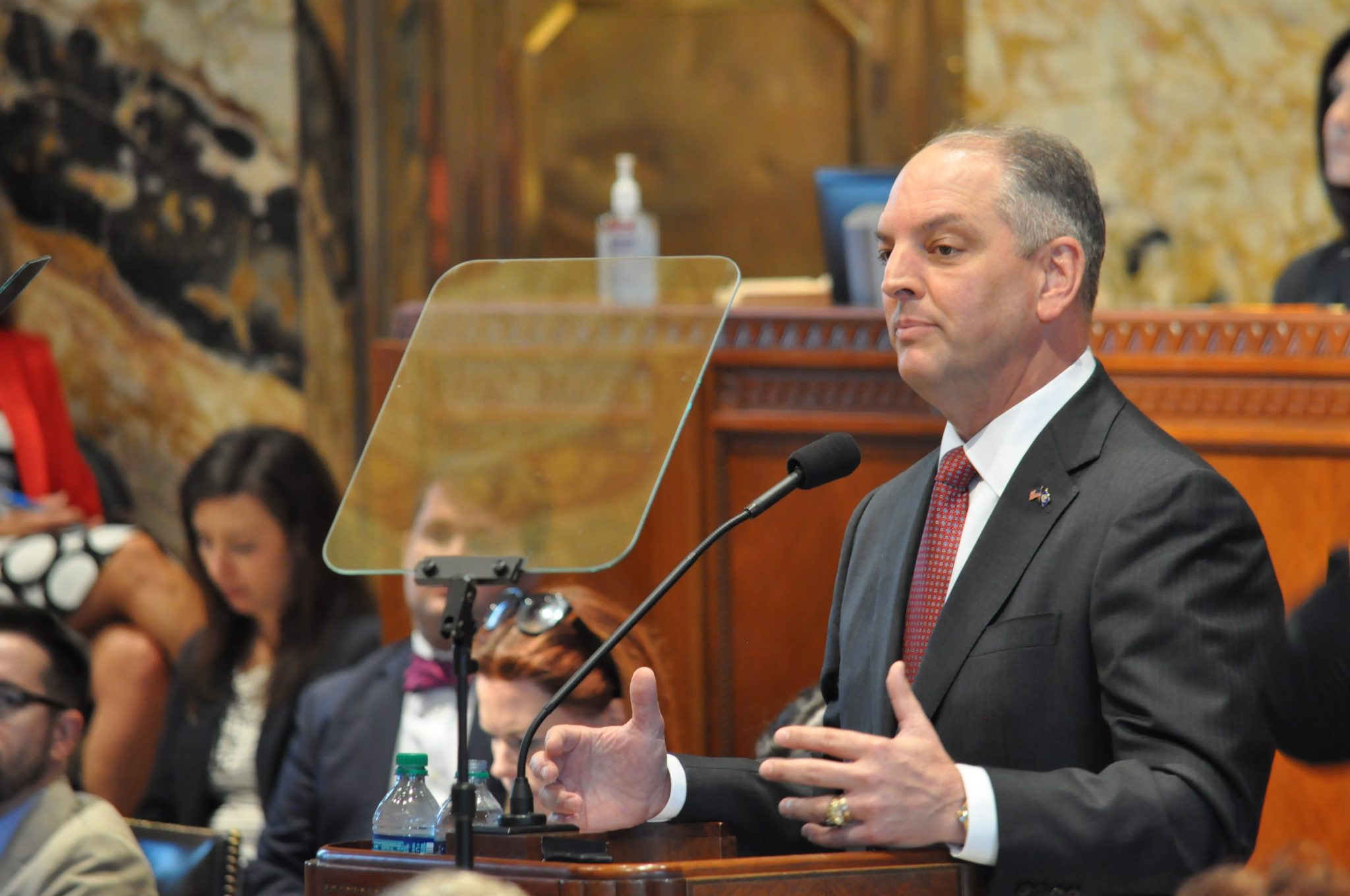177
BATON ROUGE — Louisiana's legislative session reaches its midpoint Tuesday with no clear direction on what approach lawmakers will take on rewriting state tax laws, if they can reach agreement at all.
Some signs of progress emerged Monday as the
Louisiana session reaches halfway mark with unclear tax path
previous post




